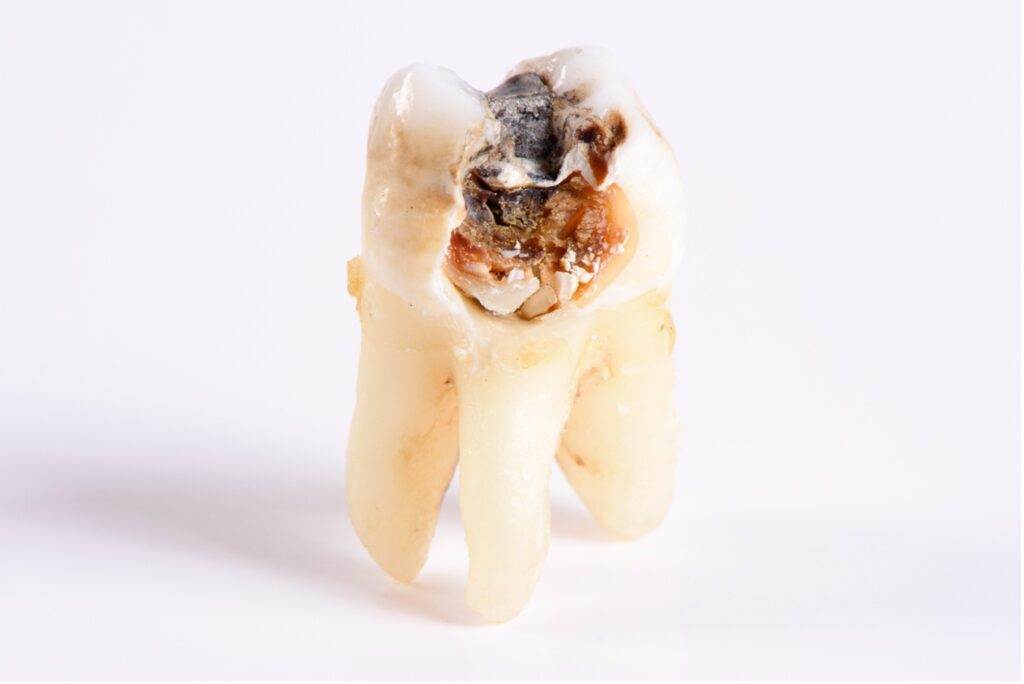Root canals may evoke images of endodontist offices with advanced equipment and techniques. However, this essential dental procedure’s roots extend far back into the annals of human history. Join us on a captivating journey as we unravel the rich tapestry of the history of endodontics, tracing its evolution from ancient civilizations to contemporary practices.
Ancient Remedies: Early Attempts at Dental Care

Historians have traced endodontic treatment to ancient civilizations such as the Sumerians, Egyptians, and Indus Valley civilizations. These ancient civilizations employed rudimentary techniques to alleviate dental pain and treat oral ailments. Archaeological discoveries have unearthed primitive dental tools, including sharp stones and drills used to extract diseased teeth and alleviate dental discomfort.
One of the earliest recorded dental surgeries dates back to ancient Egypt, where evidence suggests that early practitioners performed rudimentary dental procedures such as tooth extractions and treatment of dental abscesses. The Ebers Papyrus, an ancient Egyptian medical text dating back to 1550 BCE, contains references to dental ailments and treatments, providing insights into the dental practices of antiquity.
Unraveling the Myth: Exploring Ancient Beliefs About Tooth Worms and Dental Decay

In ancient times, various civilizations held intriguing beliefs about the causes of tooth decay. One of the most fascinating beliefs was the notion of tooth worms. Ancient cultures across the globe, including Mesopotamia, Egypt, India, and China, subscribed to the belief that tiny worms or creatures inhabited the teeth and caused decay. These tooth worms were thought to bore holes into teeth, leading to pain and deterioration. It wasn’t until the advent of modern dentistry and scientific understanding of dental anatomy that the myth of tooth worms was debunked, paving the way for more accurate explanations and effective treatments for dental ailments.
Medieval Innovations: The Emergence of Dental Surgeons
During the Middle Ages, dental care continued to evolve, albeit slowly. Barber-Surgeons provided essential dental services to alleviate dental pain and extract decayed teeth. These early dental practitioners relied on crude instruments and techniques, often resulting in crude and painful procedures.
Despite the primitive nature of dental care during this period, notable advancements were made in dental treatment. In the 14th century, French surgeon Guy de Chauliac documented surgical techniques for treating dental abscesses and performing tooth extractions in his seminal work, “Chirurgia Magna,” laying the groundwork for modern dental surgery
The Renaissance and Beyond: Pioneering Advances in Dental Surgery

The Renaissance witnessed a resurgence of scientific inquiry and innovation, paving the way for significant advancements in the field of dental surgery. Influential figures such as Ambroise Paré, a French barber-surgeon, revolutionized surgical techniques and introduced novel approaches to dental treatment.
In the 18th and 19th centuries, dentistry experienced unprecedented growth with the establishment of dental schools and the formalization of dental education. Innovations such as introducing anesthesia and aseptic surgical techniques transformed dental treatments, making procedures more comfortable and safer for patients.
The Modern Era: Evolution of Root Canal Therapy
The development of root canal therapy represents a landmark achievement in the history of dental surgery. In the 19th century, pioneering dentists such as Pierre Fauchard and Edwin Maynard introduced early techniques for treating infected dental pulp, laying the groundwork for modern endodontic practices.
The breakthrough came in the early 20th century with the introduction of modern root canal therapy by Weston A. Price, an American dentist. Price’s meticulous research and innovative techniques revolutionized the treatment of infected dental pulp, enabling dentists to save diseased teeth and preserve dental health.
Contemporary Practices: Advancements in Endodontics
In the 21st century, endodontic procedures have undergone remarkable advancements thanks to technological innovations and scientific research. Endodontists are equipped with state-of-the-art equipment, including digital imaging technology, dental lasers, and minimally invasive surgical instruments, enabling dentists to provide safer, more efficient, and patient-friendly treatments.
The Minimally Invasive Root Canal Alternative: GentleWave© Procedure
GentleWave® Procedure is a minimally invasive alternative to traditional root canal treatment. It utilizes Multisonic Ultracleaning® technology. It uses sound waves and a stream of treatment fluid to remove the damaged tissue and bacteria thoroughly and painlessly. With the GentleWave Procedure, we can remove damaged tissue, debris, and bacteria effectively, minimizing the need for manual instruments. The high-tech fluid system distributes fluids throughout your root canal system. We remove the infection from the root canal system while preserving valuable tooth structure
In most cases, we can complete the procedure in just one appointment. And the technology is so effective at cleaning the root canal that you have less chance of needing a root canal retreatment later.
Click on the picture below and watch the short video below to see what patients have to say about the GentleWave Procedure:
Embracing the Future: Shaping the Landscape of Dental Care
Today, endodontists continue to build upon the legacy of their predecessors, striving to deliver the highest standards of care and innovation in endodontics.
Modern Care Endodontics is dedicated to advancing the field of dentistry through research, education, and compassionate patient care. Together, we embark on a journey toward a future where dental treatments are safer, more effective, and more accessible.
Your Friendly Team at
Modern Care Endodontics

